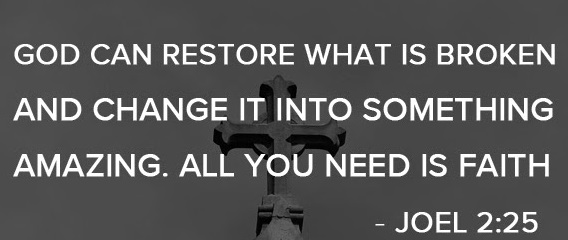Pain is real, it is hard, and it is guaranteed to us in this life. Our Lord himself wrestled in anguish (Luke 22:44), sighed in sorrow (Mark 7:34), and wept in grief (John 11:35).
Some of these pains have wounded us so deeply that the healing is still underway. It will take time for the balm of comfort to soothe our sores, the bandages of truth to seal us back together, and the medicine of faith to restore us to health. We desperately want to be healed, and are in the process of daily receiving it. But we may also face another kind of long-lingering wound — the kind that puts us on the other side of the same question Jesus asked the invalid at Bethesda: “Do you want to be healed?” (John 5:6). And to our own amazement, we may discover in honesty that our answer is not yet a wholehearted and expectant Yes. Perhaps our wounds have become so entangled with the identity we now claim that surrendering them would require also surrendering who we mistakenly believe ourselves to be.
Our enemy longs to steal, kill, and destroy our true identity in Christ by convincing us our pain will always define our past, disparage our present, and darken our future. By turning our eyes continually to our mistakes and our suffering, the great deceiver aims to imprison us with remorseful pity, assumed limitations, and downright despair. He tells us our wounds will mark us forever with no hope of being healed. And as these pains usurp the throne of power and authority in our lives meant for God alone, we may begin to find our identity more in our own suffering than in the One who suffered for us.
Our society urges us to identify ourselves by whatever we perceive with our eyes and feel with our flesh; even when that identity misconstrues reality and ignores the definitions written by the very Author of Life (Acts 3:15). But when we look up from our visible, temporary circumstances to our invisible, eternal Creator, we see who we were truly created to be in relation to him. And we are not our pain. You may have had a friend desert you, but you are not deserted. You may have had a spouse abandon you, but you are not abandoned. You may have failed, but you are not a failure. You may have never known your father, but you are not fatherless. Life may be crushing, but you are not crushed. The only way to take back our true, God-given identity, with unshakable confidence, is to look to the One who gives us our identity in the first place.
For those of us who are in Christ Jesus, we can be sure that because he is love, we are loved. Because he is the King, we are heirs to the kingdom.
Because he is merciful, we are shown mercy.
Because he is the Defender, we are defended.
Because he is a good Father, we are children of God.
Because he is freedom, we are free.
Because he is always with us, we are always with him.
Because he holds all things together, we are held together in him.
And because he calls us his own, we are his.
With eyes unveiled by Jesus, we turn from the dark portrait painted by the father of lies (John 8:44) to behold the glory of the Lord, placing our faith and hope in the promise that we are being transformed into his very image (2 Corinthians 3:18). Only then will we earnestly desire to be healed. In this world, we will grieve, but not as those without hope (1 Thessalonians 4:13). We will be sorrowful, but we are not without reason to rejoice (2 Corinthians 6:10). We will have trials of many kinds (James 1:2), but we can always take heart, because he has overcome the world (John 16:33). Even today, as we lie before the One who alone can heal us, he offers us the same invitation he offered the man at Bethesda, to let go of our identity as invalids, get up from the paralysis of our pain, roll up the mat of hopeless defeat, and walk forward into our true identity as new creations in Christ.
When we look to the pain of our wounds, we see ourselves as wounded. But when we look to the pain of the cross, we see the wounds of Jesus (Isaiah 53:5), by which our Healer tells us that we are forever healed in him.


